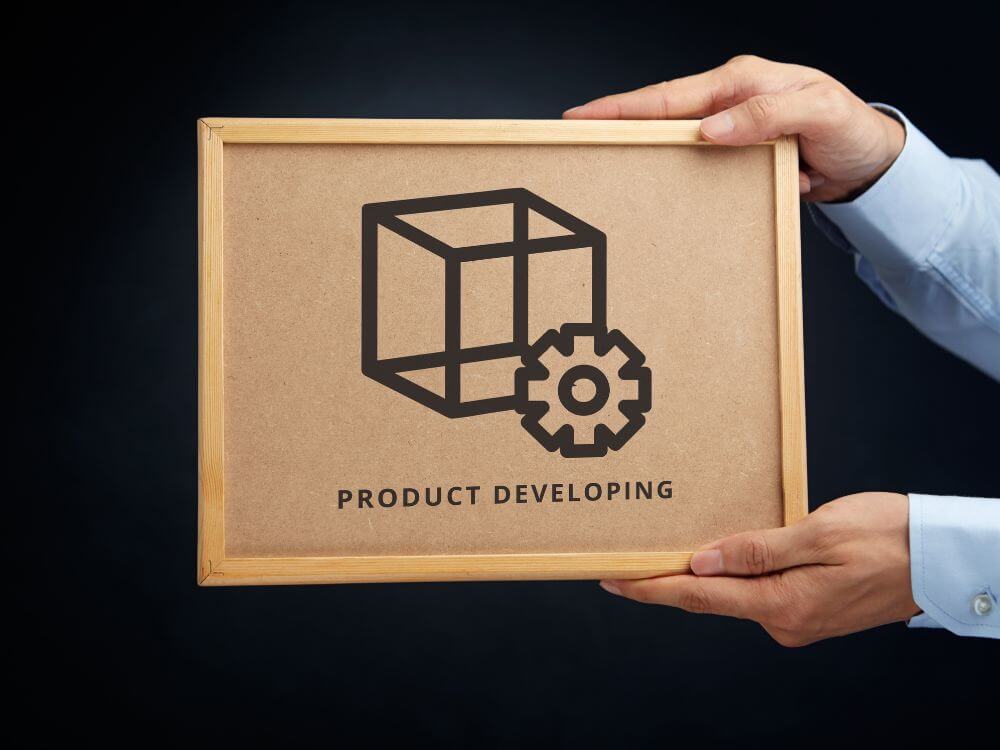
Effective product development is essential for the success of any business in the Indian market. By following our structured development process, understanding market needs and leveraging local insights and innovations, Indian entrepreneurs can develop products that meet customer expectations and drive business growth. By tailoring your product development strategy to the unique dynamics of the Indian market, you can achieve a competitive advantage and long-term success.
Idea Generation
Idea generation is the first step in product development, involving brainstorming and identifying potential product ideas
Read MoreIdea Screening
Idea screening involves evaluating and selecting the most promising ideas based on feasibility, market potential, and alignment with business objectives.
Read MoreConcept Development & Testing
In this stage, the selected idea is developed into a detailed product concept, which is then tested with a target…Read More
Business Analysis
Business analysis involves assessing the commercial viability of the product by estimating costs, revenues, and profitability.
Read MoreProduct Development
In this stage, the final product design is developed, and prototypes are created for testing and refinement.
Read MoreMarket Testing
Financial projections provide a forecast of your business’s financial performance, helping to assess its viability and potential profitability.
Read MoreCommercialization
Commercialization is the final stage of product development, involving the full-scale launch of the product to the market.
Read MoreBajaj Auto: Pulsar Motorcycles
- Background: Bajaj Auto, one of India’s leading two-wheeler manufacturers, identified a gap in the market for high-performance motorcycles that appealed to the youth.
Amul: Launch of Amul Butter
- Background: In the 1950s, the Indian dairy market was fragmented and largely unorganized. Amul aimed to create a standardized, high-quality dairy product.
Tata Motors: Nano
- Background: Tata Motors aimed to develop an affordable car for the Indian middle class, often referred to as the “people’s car.”
Flipkart: E-commerce Platform
- Background: Founded in 2007, Flipkart aimed to revolutionize online retail in India, where e-commerce was still in its infancy.
Reliance Jio: Telecommunications
- Background: Reliance aimed to disrupt the Indian telecom sector by providing affordable 4G services to the masses.
Paytm: Digital Payments
- Background: Paytm sought to simplify digital payments and financial services in a largely cash-driven economy.
Nestlé India: Maggi Noodles
- Background: Nestlé India wanted to introduce a convenient, quick-cooking meal for the busy Indian consumer.
Hindustan Unilever: Pureit Water Purifier
- Background: With concerns about water quality, HUL aimed to provide an affordable and effective water purification solution.
These case studies illustrate the diversity and innovation in product development within India, showcasing how companies have successfully identified market needs and leveraged local insights to create impactful products.



No Comments
Sorry, the comment form is closed at this time.